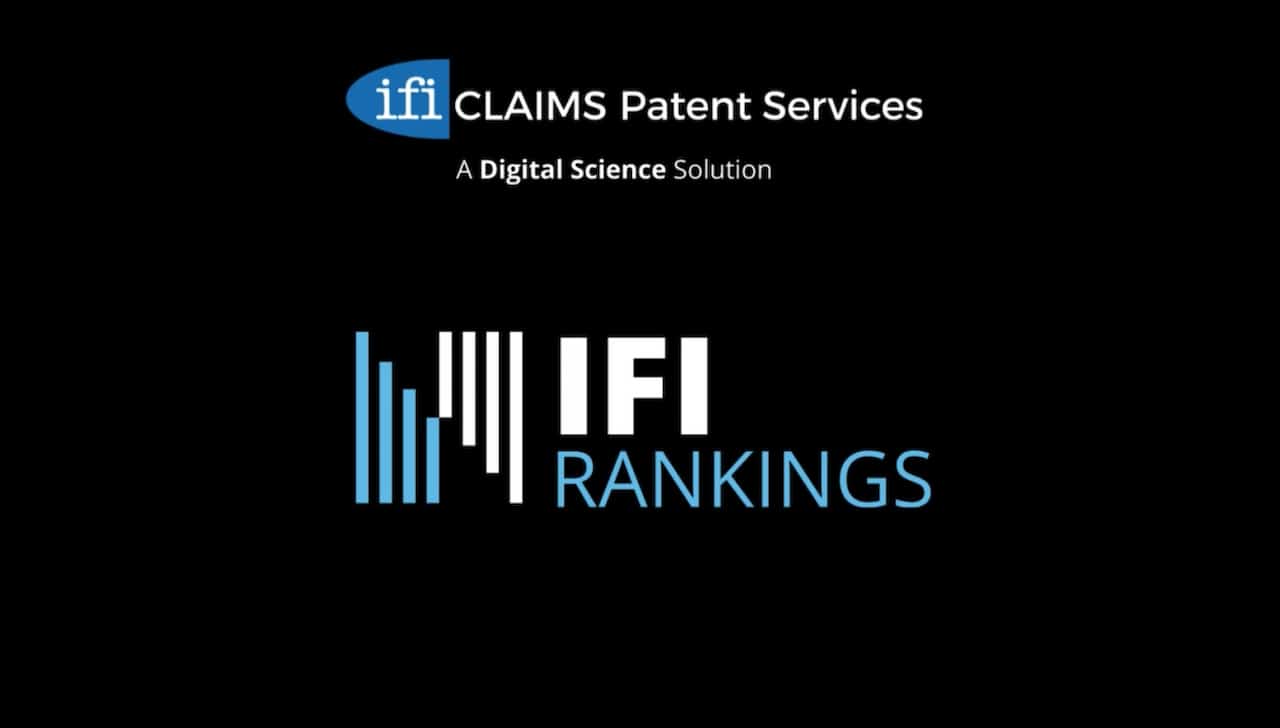Research. Smarter.
For research organizations that need tailored tools, better data, and full visibility across the research process.
Trusted by leading research organizations




Featured products
AI-powered technology and market-leading data that drive research progress
From discovery to impact evaluation, find tools to help you throughout the research lifecycle.
Accelerate discovery with smart software built for research
- Streamline research workflows and drive efficiency.
- Safeguard research security and integrity.
- Foster innovation and collaboration.
- Make data-driven decisions and measure impact effectively.
Access unique enriched data sets and predictive analytics
- The largest collection of interconnected global research data, including over 70% of publications with full-text indexing
- The largest collection of chemical-related ontologies available
- The highest quality patent data on the market
- AI-powered discovery and analytics tools to deliver new insights and accelerate interpretation
Find out what Digital Science can do for you
AI-enhanced tools for research across every sector
Not only does Dimensions help us map the scientific landscape, but its linked data and analytical views bring even more clarity.”
Deanna Zarrillo
Associate Publisher at Oxford University Press
Solutions
We deployed ReadCube almost 5 years ago to help our teams work with scientific literature more effectively, and it continues to play an essential role in our day-to-day research.”
Damir Kasper
Associate Director of IT at C4 Therapeutics
Customer stories
Hear from our experts
Whitepaper: Catalyzing Collaboration: How Research Information Management systems drive academic-industry partnerships
Discover how Research Information Management Systems (RIMS) and public tools help universities


Press release
Digital Science announces external Advisory Board
Find the right tools for you
Not sure where to start? We can help you find the right solution to fast-track your research.





